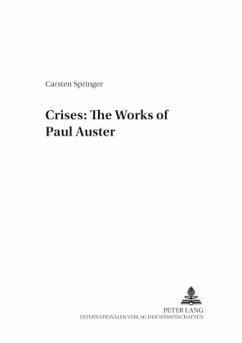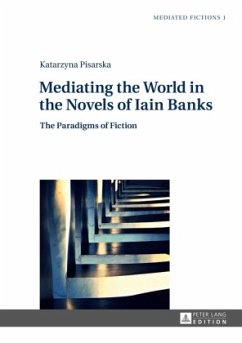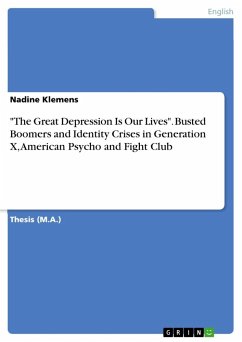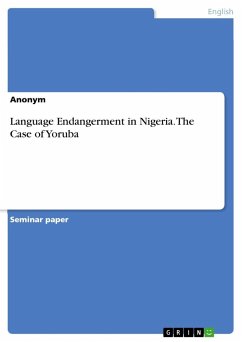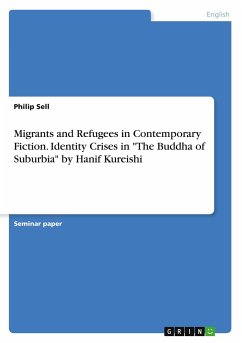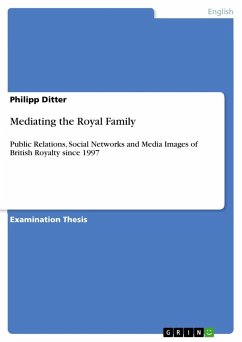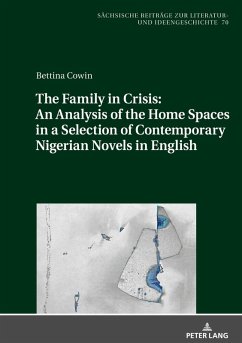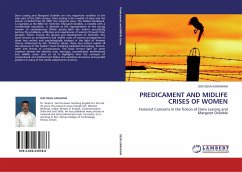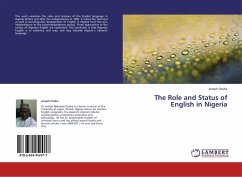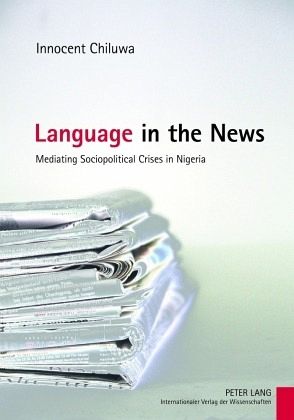
Language in the News
Mediating Sociopolitical Crises in Nigeria
Versandkostenfrei!
Versandfertig in 6-10 Tagen
57,75 €
inkl. MwSt.

PAYBACK Punkte
0 °P sammeln!
This book is a discourse-pragmatic study of media language in news headlines and leads. News is viewed as discourse in action largely influenced by some unique sociolinguistic and cultural constraints. The period between 1996 and 2002 viewed in this book as very crucial in the political development of Nigeria provided an environment that made highly critical and sensational news reports inevitable. The three most prominent Nigerian urban newsmagazines namely Newswatch, Tell and TheNews referred to as 'radical press,' are viewed as adopting a people-oriented approach to confront perpetrators of...
This book is a discourse-pragmatic study of media language in news headlines and leads. News is viewed as discourse in action largely influenced by some unique sociolinguistic and cultural constraints. The period between 1996 and 2002 viewed in this book as very crucial in the political development of Nigeria provided an environment that made highly critical and sensational news reports inevitable. The three most prominent Nigerian urban newsmagazines namely Newswatch, Tell and TheNews referred to as 'radical press,' are viewed as adopting a people-oriented approach to confront perpetrators of social unrests and political scandals in Nigeria, especially military dictators and corrupt politicians. In a wide range of stylistic variations, lexico-semantic and grammatical strategies that produced highly sensational headlines and overlines, the news conveyed clearly marked ideologically significant representations of people and situations. Thus, in the context of Nigerian English, certain culture-specific items of discourse are foregrounded in the news to resist corruption and political power abuse.



